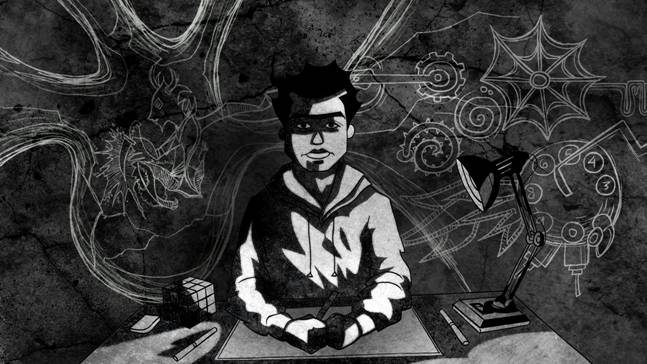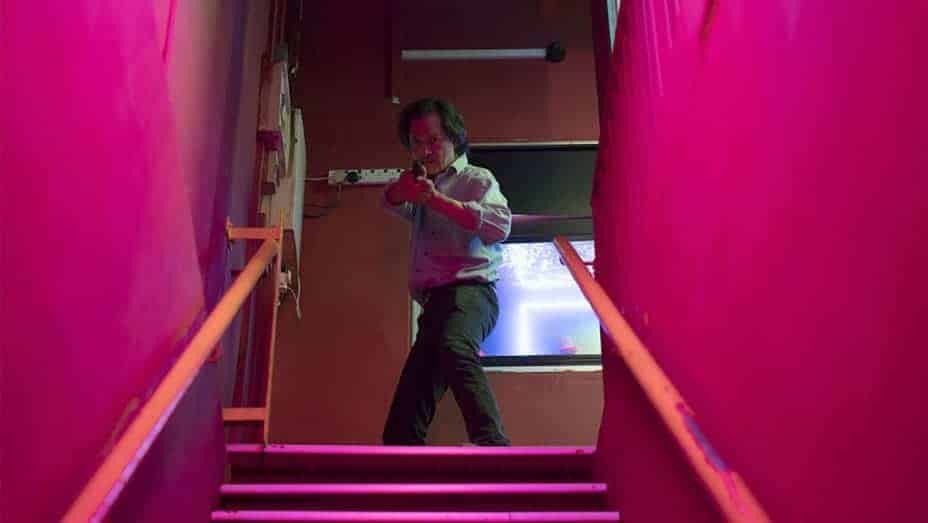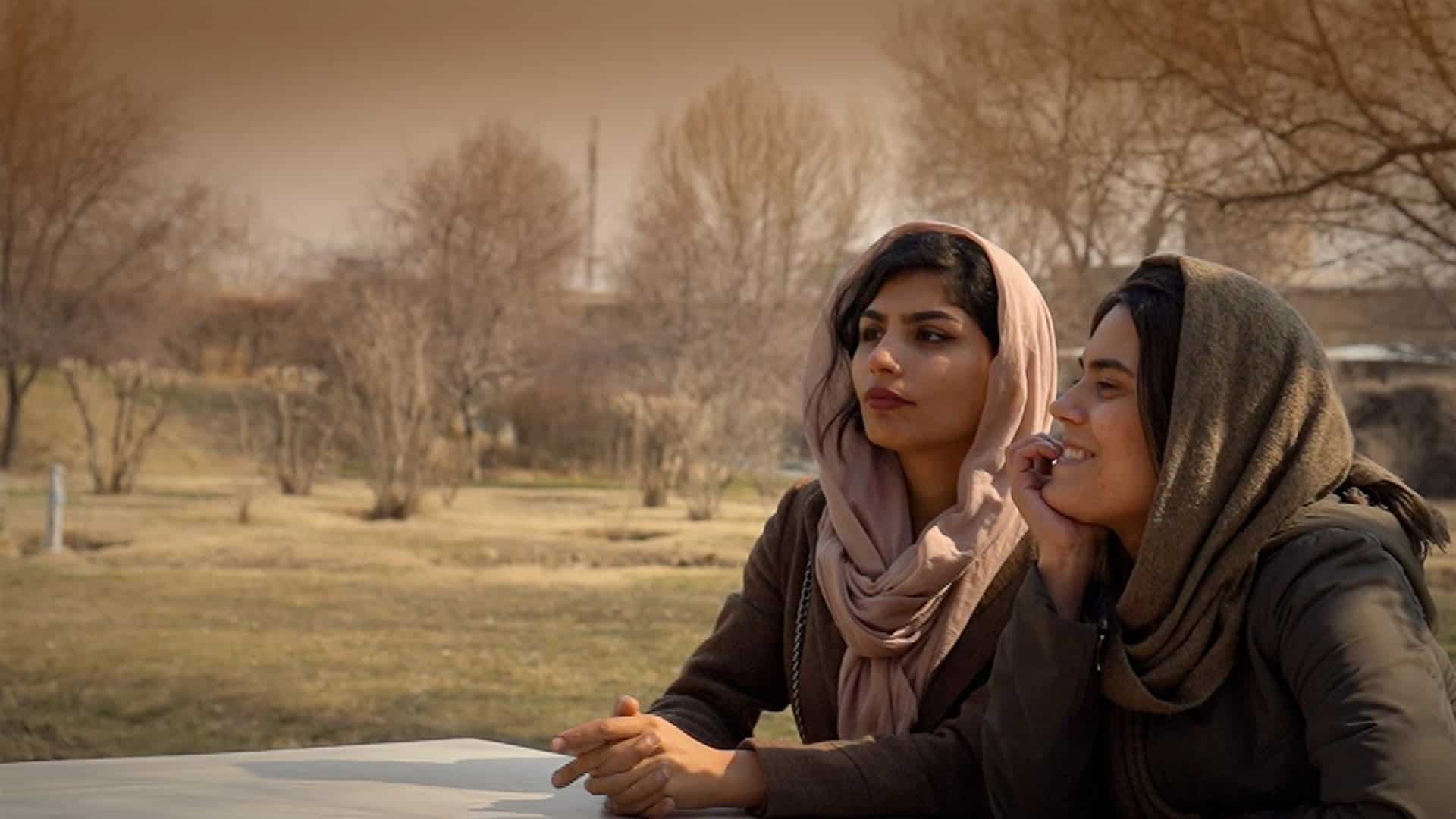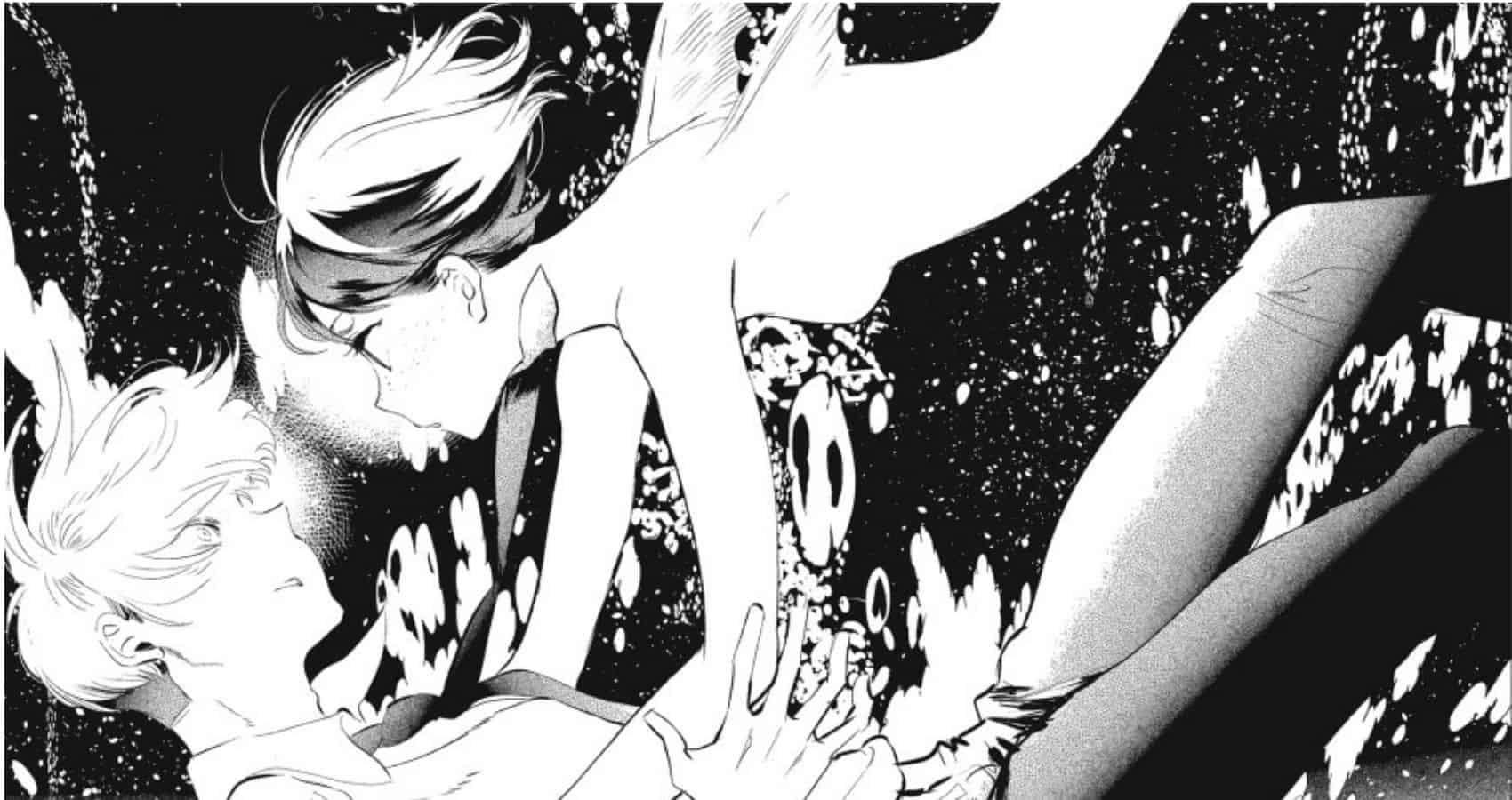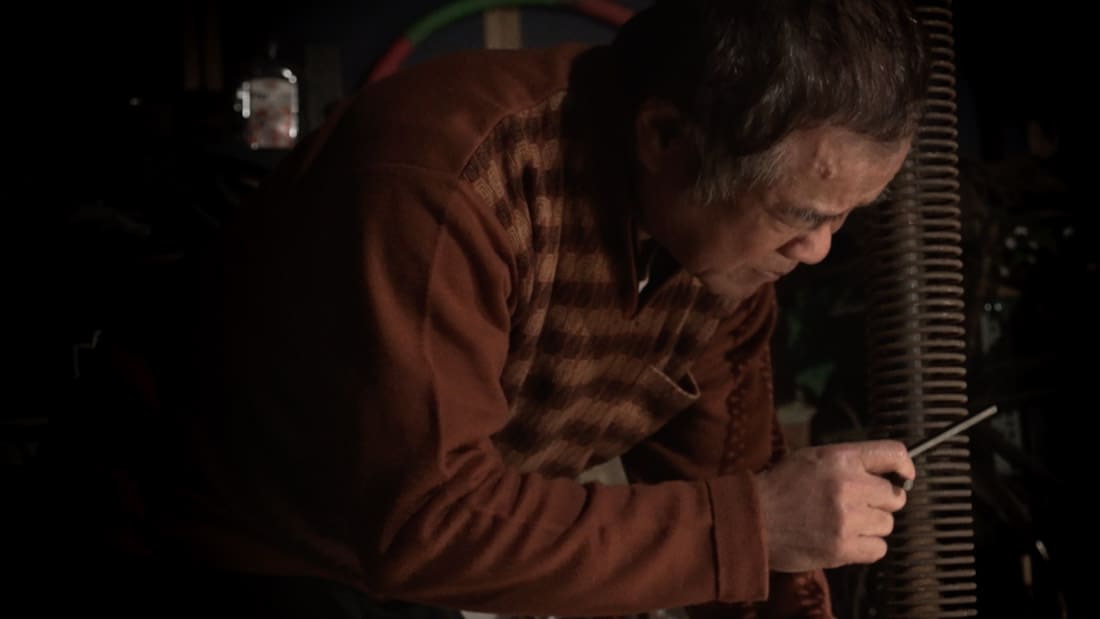Abhay Kumar is probably one of the most promising young filmmakers working in India today and “Placebo” remains his magnum opus. The experimental documentary picked up awards and nominations at various international film festivals but it is still relatively unknown in India, despite winning a National Award for Best Investigative Film in 2017.
Although Kumar's work can be described as a film about the extremely demanding academic culture in the country, it would be reductive to leave it at that. “Placebo” is a lot of things: it is a document of a festering disillusionment directed at the redundancy of institutions, it is an intimate letter to Kumar's brother and it is also a slow descent into the void of surreal absurdity. Somehow, the documentary finds a way to be all of those things and more without committing to any particular cause. This fundamentally elusive nature of the documentary is exactly what makes it so noteworthy; it is a Rorschach test for the viewer. You see what you want to see and you fixate on it until it drives you insane.
Over the course of two years, Kumar filmed and collected interviews and footage of students at one of the most prestigious academic institutions in India: All India Institute Of Medical Sciences (AIIMS). When Sahil, his younger brother, fatally injured his arm, Kumar started living in the dorms with him in order to provide the necessary emotional support. However, he slowly immersed himself in the lives of the other students and forgot that he was supposed to be a brother first and then a filmmaker. This becomes an interesting conflict that operates throughout the documentary, as if Kumar is disgusted with himself for putting his work first but he still cannot turn the camera away.

The strongest feature of “Placebo's” narrative are the characters. Kumar mainly focuses on three of them, choosing to make them representative of the vastly nuanced student culture of AIIMS: a place which has a 0.1% acceptance rate. Sethi is an ambitious young man who is preoccupied with his own image and is obsessed with the idea of going to the US; he is the manifestation of the Indian middle-class dream. Chopra is the ideal Indian son, highly intelligent and an ardent believer of the idea that children should spend their entire lives repaying their eternal debt to their parents. That is why he decided to become a doctor anyway. However, the most fascinating of them all (and arguably the focal point of “Placebo”) is the endlessly enigmatic K.
K is a philosopher trapped within the halls of medical school, trying to make sense of his own demons while indulging in midnight lectures on space-time and human evolution. More than Sahil, Kumar is interested in K because he is a mystery. “The respect I have for the word ‘doctor' is way more than the respect I have for me as a doctor,” he explains. After a while, it becomes clear that Kumar is moved by this lost soul who quotes Schopenhauer and thinks that the highest moral point of humanity is suicide. When K presents himself to Kumar's camera, it desperately tries to penetrate K's psyche but he is always removed from reality. At one point, K addresses this unspoken desire and tells Kumar that nothing can erase this omnipresent isolation. There is no way out other than death.
That's what “Placebo” eventually metamorphoses into, a scathing indictment of a culture where elitism, caste discrimination and unrealistic academic standards lead to the deaths of multiple students each year. During Kumar's stay in AIIMS, a student commits suicide and protests break out. K emerges as a vocal student leader who calls for the resignation of the director of the institution. When Kumar asks him whether he actually believes in the cause, K reveals that he just wants to destabilise things. He is the logical conclusion of anarchic dreams and widespread disillusionment, a nihilistic renegade who has long given up on the purpose which the institution tries to propagate. If “Placebo” is a journey into the heart of darkness, K is AIIMS' very own Kurtz.
Apart from the riveting subject matter, “Placebo” stands out because of Kumar's experiments with the medium. He intercuts the gritty realism of life in the insect-riddled dorm rooms with surreal animation that threatens to consume everything in the ouroboros of infinite despair. “Placebo” begins with images of lab rats trying to hold on for dear life, indicative of the condition of Indian students who do not know what to do. Kumar makes passing allusions to films like “American Beauty”, silently capturing a garbage bag floating impotently in the air. The cinéma verité style amplifies the anxiety, generating a false sense of intimacy which makes you feel as if the characters are talking to you and you alone but they are not. They will never know you exist.
“Placebo” is a powerful critique of the Indian education system but more importantly, it is a moving portrayal of existential angst which urges us to confront our own madness. If nothing else, it will show you how many students lose their minds while violently oscillating between society's binary notions of success and failure.


